Jersey Election 2022: One week on, what has happened?
- Published
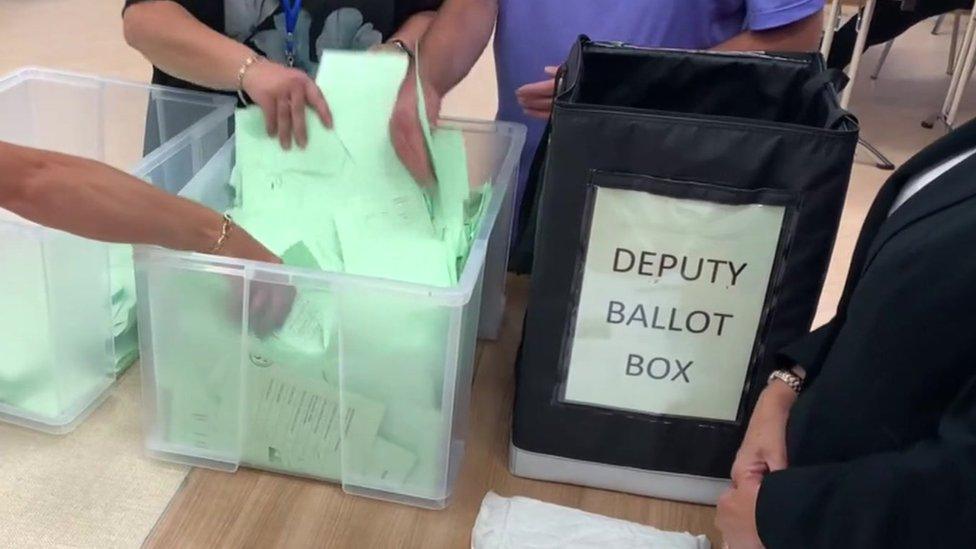
The position of senators - elected island-wide - were scrapped ahead of last week's election but could return before the next
Just over a week has passed since the final results of Jersey's 2022 election were confirmed, and already, the new States Assembly has started to make clear its agenda for this term of office.
Votes on some big issues raised on the campaign trail have been scheduled for the first political sitting in September.
And there's yet more uncertainty about the future of the plans for Jersey's new hospital.
As the two candidates for chief minister seek to gather political support ahead of next week's vote, here is a summary of what has happened so far - and what might happen next.

Bring back Senators?
There used to be three types of politician in Jersey's States Assembly but now, just two remain.
After two decades of discussion and countless failed attempts to reform Jersey's electoral system, members agreed in April 2021 to scrap the role of senator, with its island-wide mandate.
At the same time, politicians agreed the island should be divided into nine constituencies of roughly equal population size, and that each should elect a number of Deputies to the chamber.
The idea was that each elected politician (with the exception of the 12 parish Constables) would then represent more or less the same number of voters.
Supporters of the changes said they would create "fairer, better, simpler, more inviting elections for candidate and voter alike" while some islanders reacted with outrage and said they would not vote in the election.
Why are some islanders so unhappy about the loss of the Senators?
Under the previous system, a voter in St Clement, for example, could vote for 11 of Jersey's 49 States Members: eight Senators, two Deputies and one Constable. Now, St Clement voters can choose just five of the 49: four Deputies and one Constable.
Everyone could vote for the Senators, regardless of where they lived. Now, voters can only choose who represents them in their constituency.
Traditionally, candidates elected as Senators would receive about 10,000 votes or more, and go on to fill the top government jobs - meaning, in effect, voters were able to influence the make-up of the Council of Ministers, but this political term, the chief minister will be a candidate elected in just one area of the island, who received less than 3,200 votes. Some islanders have questioned whether this means they truly have the mandate to take on the most senior job in Jersey politics.
In their first acts of the new political term two successful candidates (and former senators) have called for a formal vote on bringing back the island-wide role, external.
Deputies Ian Gorst and Lyndon Farnham worked together on a proposition, which was lodged on the day the new Assembly was sworn-in.
Politicians will vote on the proposal in September.
Already, some islanders have welcomed the move, but others have said the new Assembly should instead focus first on tackling other big issues such as the cost and availability of housing and the rising cost of living.

Minimum wage = the living wage?
Another vote scheduled to take place in September follows Deputy Sam Mezec - the leader of Reform Jersey - handing in his first plan of the new term.
He wants the States Assembly to agree that in principle, the minimum wage and the living wage should be the same thing, external.
The living wage - currently £11.27 per hour - is calculated to reflect the true cost of living in Jersey.
The current minimum wage, which employers must pay by law, is £9.22 per hour.
Mr Mezec hopes the two wages can align by June 2023, and as a first step, he is calling for the minimum wage to be increased to £10 per hour from 1 October 2022.

The next chief minister
Before votes on either of these propositions, though, the new States Assembly needs to decide who will be Jersey's next chief minister.
In the days after last week's election, at least five members considered running, but ultimately, just two candidates received enough support to stand for the role.
While nine States members signed Mr Mezec's nomination forms, Deputy Kristina Moore has been backed by 30 of her fellow politicians, suggesting she is the favourite to become Jersey's next political leader.

The hospital
Whoever becomes chief minister will also become immediately responsible for the plans for Jersey's new hospital.
In the weeks before the election, the outgoing Environment Minister, Deputy John Young, granted planning permission for a new hospital at Overdale.
But as last week's vote means new politicians will now be in charge, there are fresh questions over the future of the project and its £804.5m budget.
Outgoing Chief Minister John Le Fondre has deferred a decision on compulsory purchase of land for the new hospital.
How the new States deals with that may give us an idea of where the hospital project is headed, but for now it means that after a decade of discussion it remains shrouded in uncertainty.

Follow BBC Jersey on Twitter, external and Facebook, external. Send your story ideas to channel.islands@bbc.co.uk, external.
Related topics
- Published29 June 2022
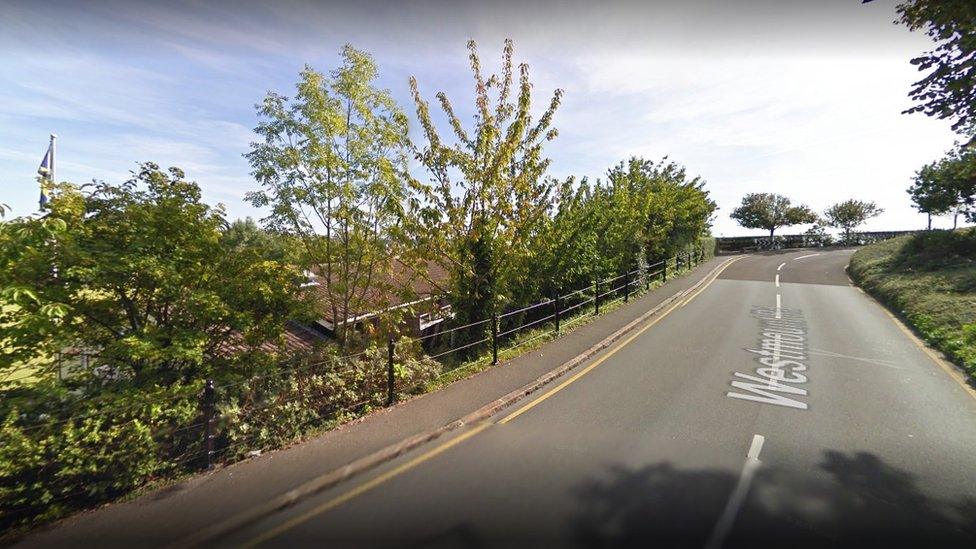
- Published27 June 2022
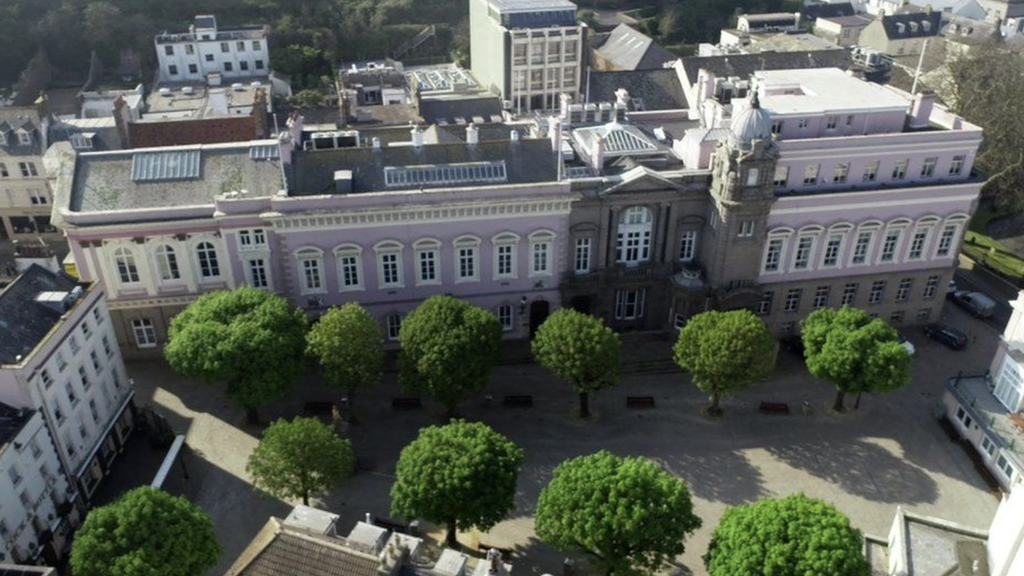
- Published27 June 2022
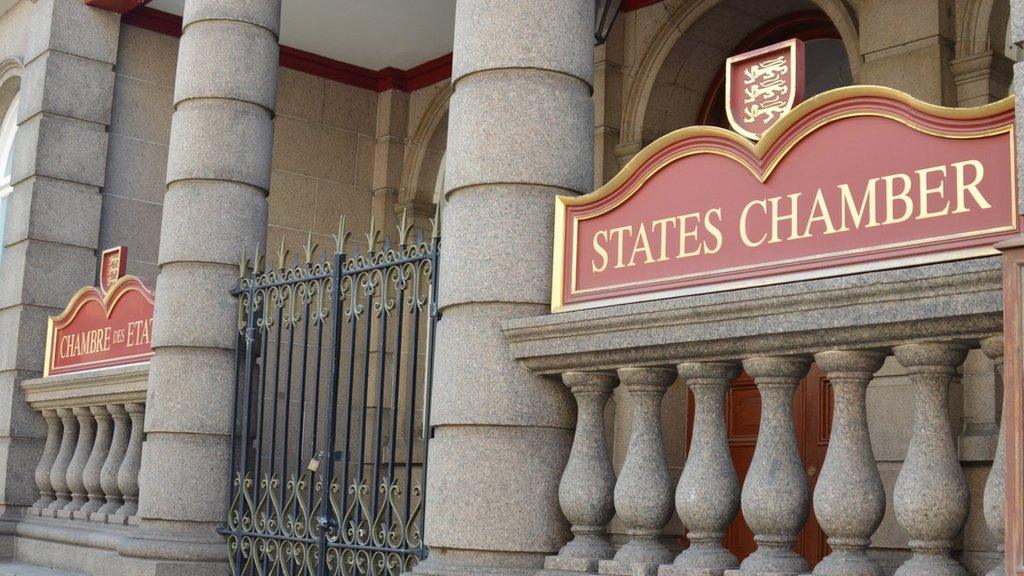
- Published23 June 2022
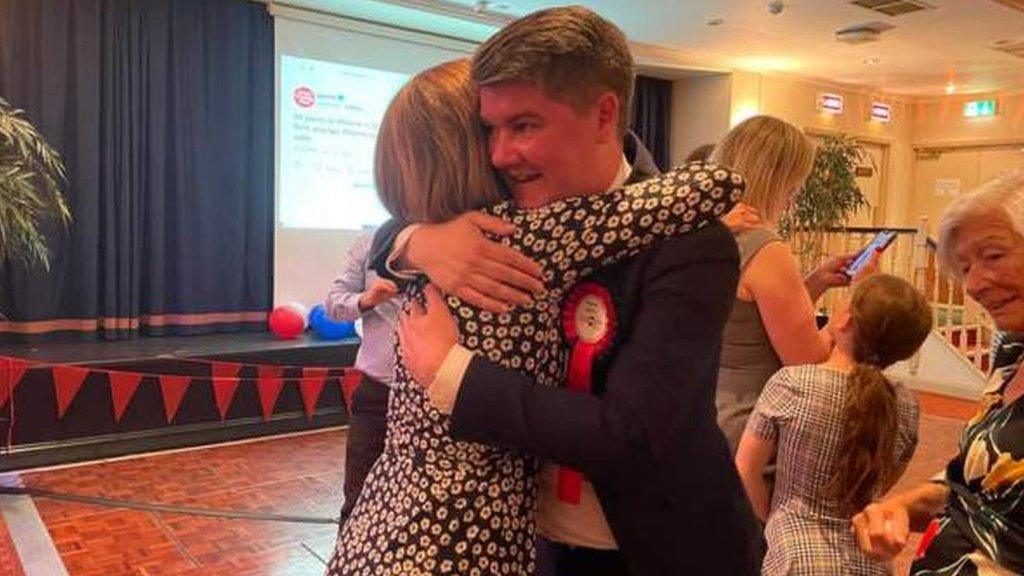
- Published23 June 2022
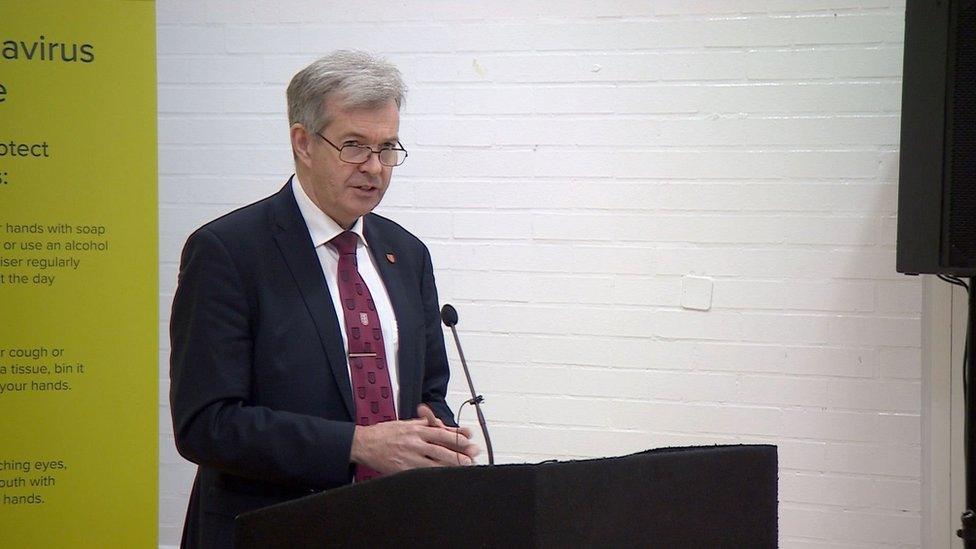
- Published23 June 2022
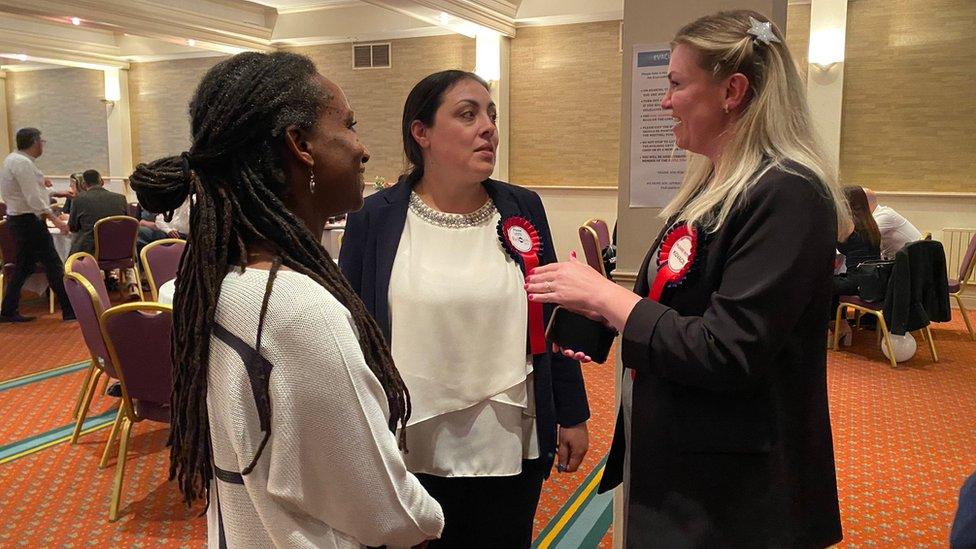
- Published23 June 2022
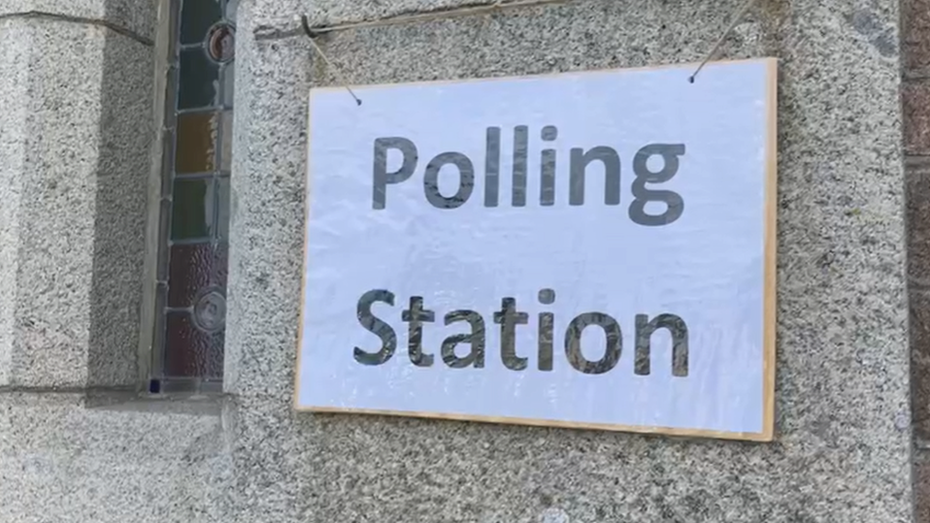
- Published21 June 2022
